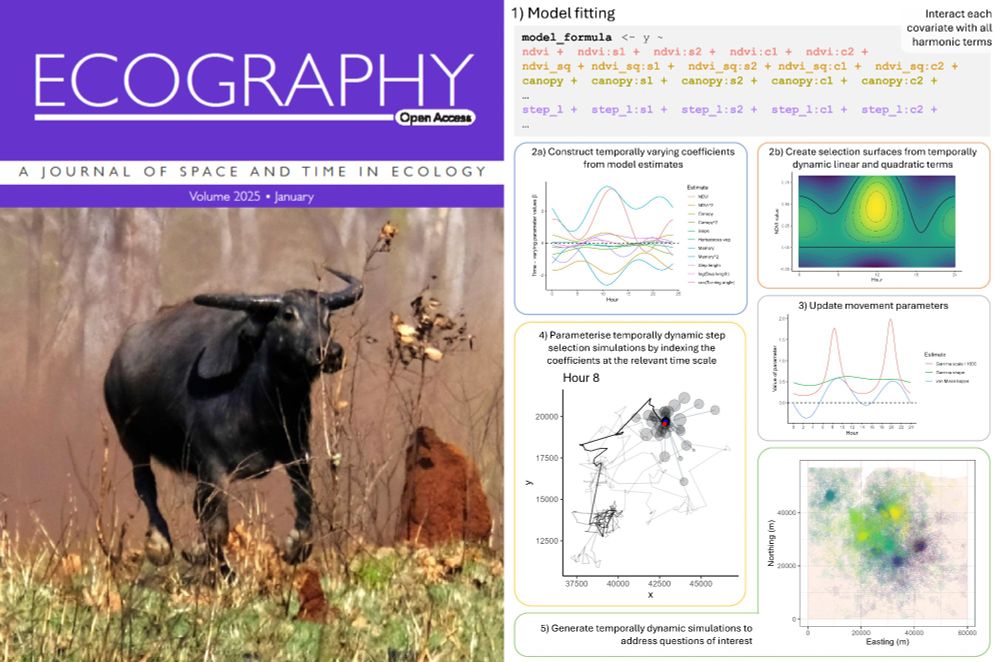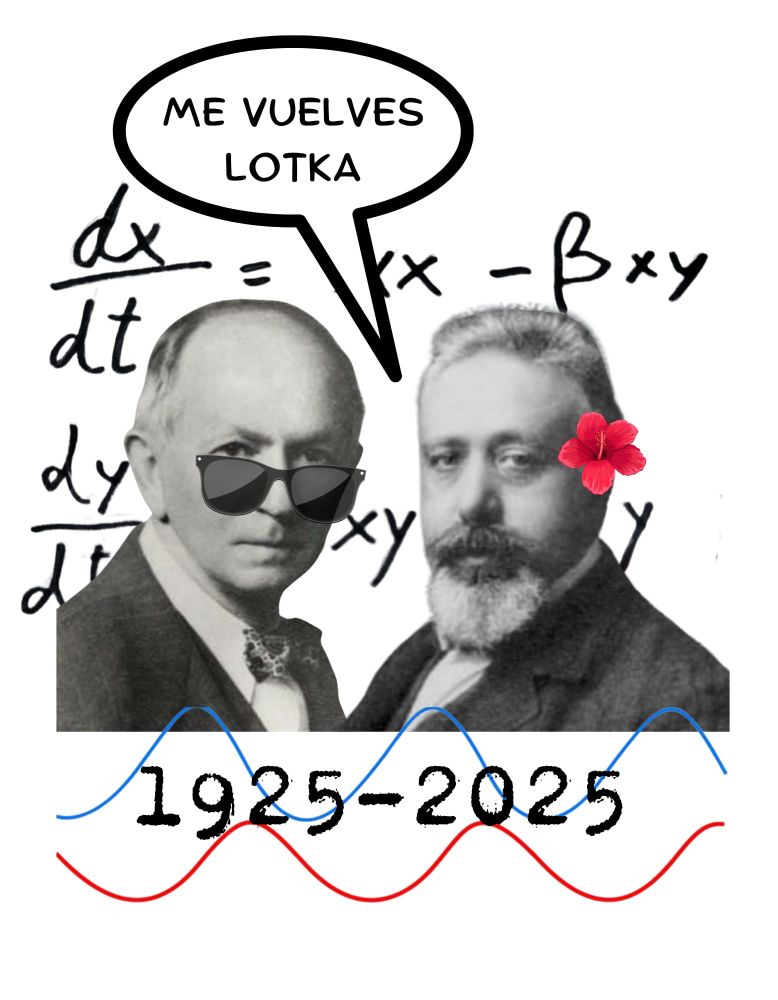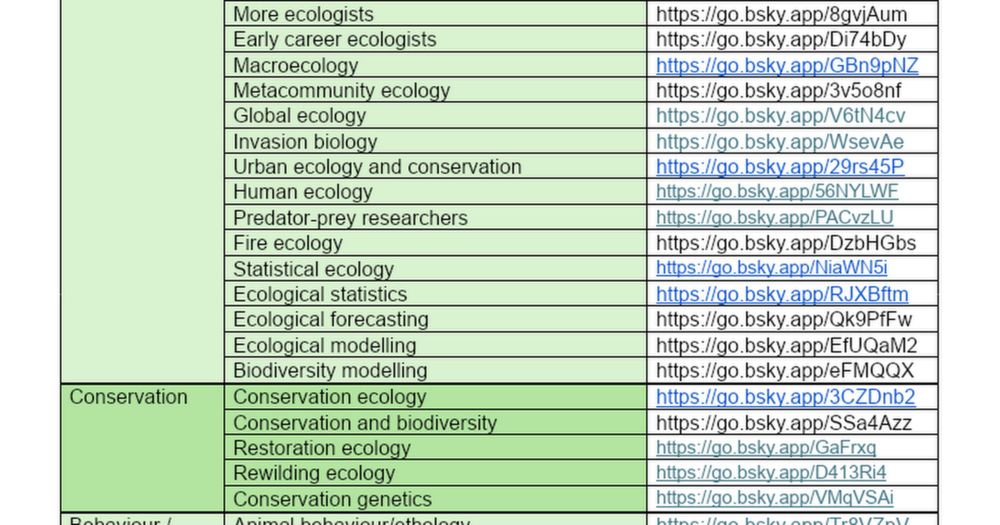PhD candidate at the Queensland University of Technology, Brisbane || Applied mathematics + Bayesian statistics + Ecology/Biology || Looking for postdoc positions
Reposted by Ana S. L. Rodrigues, Kate J. Helmstedt, Sarah A. Vollert
If you're interested in attending our next seminar, get in touch here: bit.ly/CBCSseminars

Thanks for hosting me @uq-cbcs.bsky.social, I had a blast!
Reposted by Sarah A. Vollert

If you're interested in attending our next seminar, get in touch here: bit.ly/CBCSseminars
Reposted by Sarah A. Vollert

besjournals.onlinelibrary.wiley.com/doi/10.1111/...

Disclosure: I love any talk with penguin pics 🐧
Reposted by Sarah A. Vollert

Simulating gave us dynamic spatial predictions across the landscape.
Code! github.com/swforrest/dy...

Reposted by Sarah A. Vollert

Reposted by Ghislain Vieilledent, Sarah A. Vollert



Did we miss something? Is this impossible to predict? What does this mean for conservation planning?
Reposted by Sarah A. Vollert

link.springer.com/article/10.1...
🧪
This paper argues that these assumptions are inappropriate for conservation planning and downplays the risk of extinction. Instead, we show how ecological field knowledge can replace those assumptions and could lead to more realistic model predictions.
Ecosystem models are often used to aid conservation decision making, to help quantify the risks, and assess the probability of success. BUT, these models are frequently built on the assumption that an ecosystem with naturally tend towards a coexisting balance of species.
Reposted by Sarah A. Vollert



